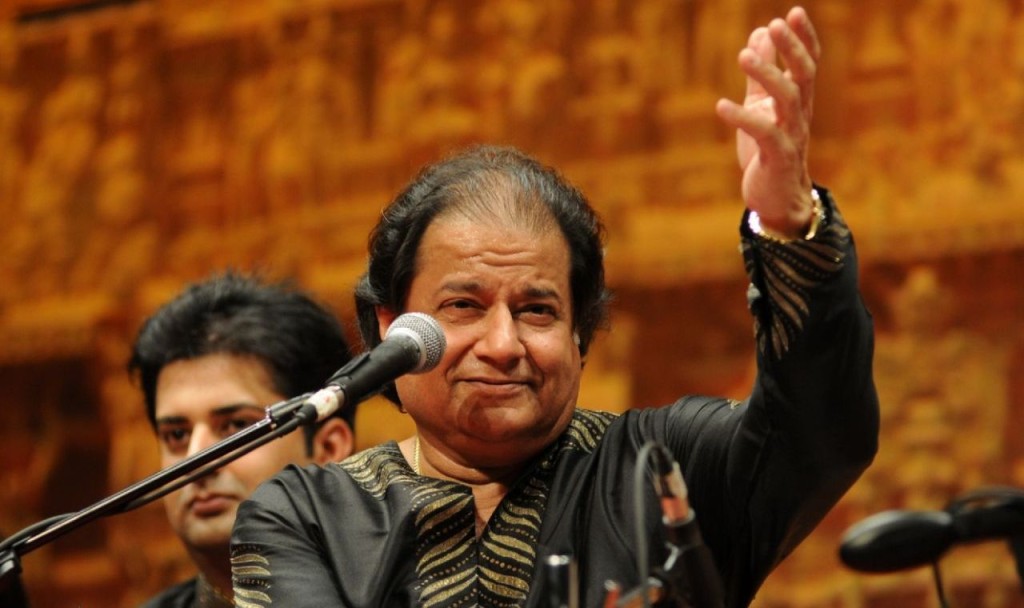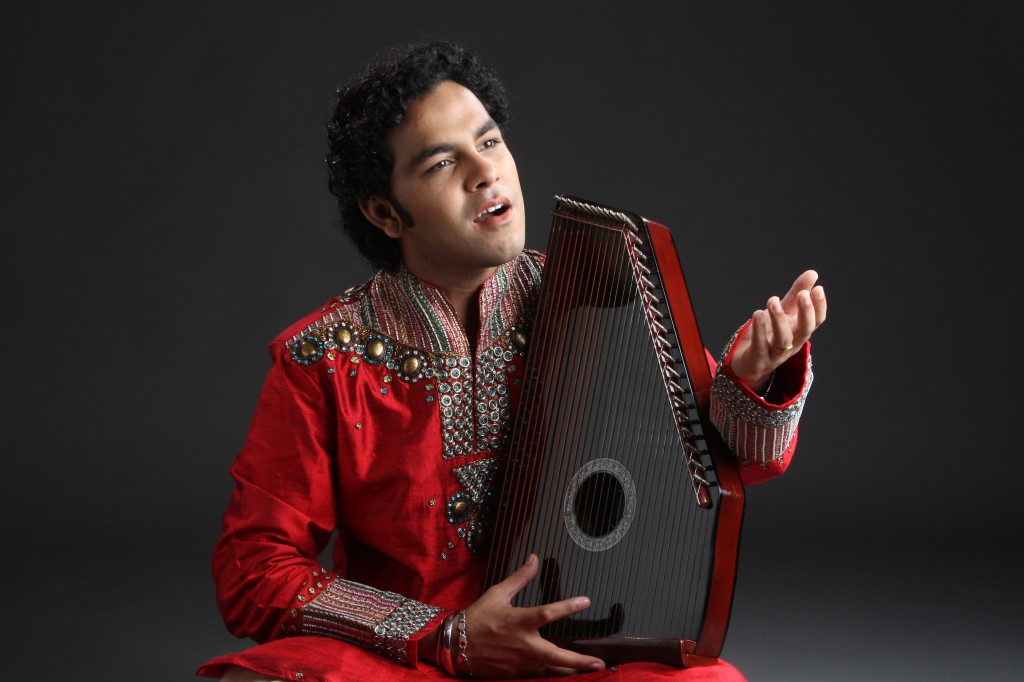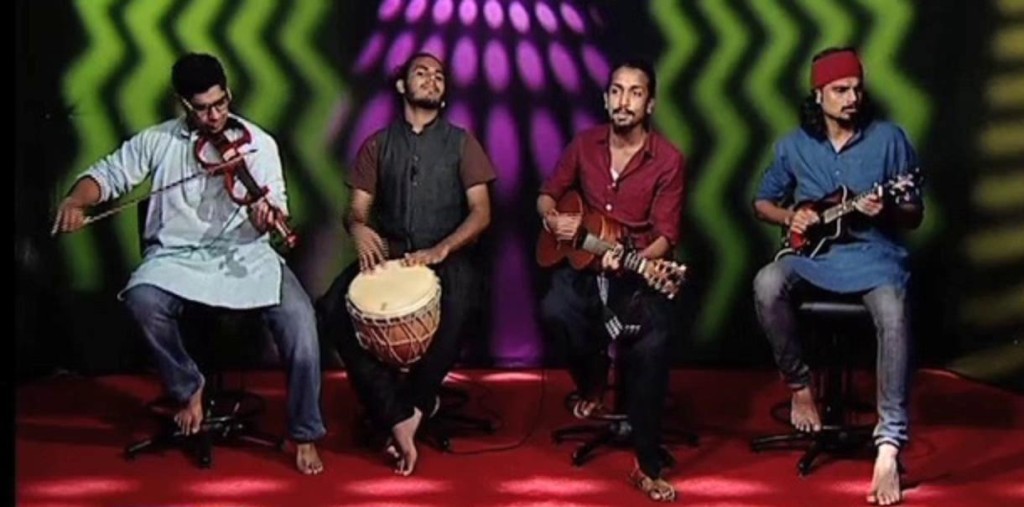Sahitya Kala Parishad and Department of Art and Culture, Government of NCT present three-day Bhakti Sangeet festival to open on April 24
Artists like Anup Jalota, Shubha Mudgal and Nooran sisters to perform
New Delhi, April 2015: FromKabir bhajans, to the distinct bhakti music, to Sufiana kalams from Punjab! The stupendous diversity and variety of multiple traditions of devotional music of India will be on full display at the Bhakti Sangeet Festival that opens on April 24 in the national capital.
The festival being presented by Sahitya Kala Parishad and Department of Art, Culture & Languages, Govt of Delhi, will see nine individual and group performances of Bhakti and Sufiana renditions over three days at Nehru Park, Chanakyapuri.
No matter what language we speak or which culture we adhere to, there are certain elements of human consciousness that transcend all tangible differences. Devotion to the Ultimate Being is one of those universal sentiments that find expressions in multiple forms. Be it in the form of bhajans or qawwalis or Gospel music, devotional music is one form of expression that does not fail to strike the chords of believers.
The annual Bhakti Sangeet Festival serves the purpose of unifying and bringing together the multiple traditions of Indian devotional music at one stage. For people who love devotional music, the festival is a platform to look up to.
The festival will bring together a wide range of devotional singers who practice and perform ‘bhakti’ music in their own different cultural forms – be it through Krishna bhakti, Meera bhajans, qawwalis or Sufiana kalams.
“Every individual soul finds its own way to connect with the eternal reality. Some perceive the Creator as a formless transcendent reality; others conceptualize Him in a human form. In different cultures and languages, people develop and nurture their own devotional traditions. Each region borrows from the saints that roamed in their lands. Music is a form that resonates with people across the world by aligning the mystic frequencies of a mind to verbal expression of love,” says Ms. Shubha Mudgal, who will perform on the second evening of the festival.
The festival will begin on April 24 with popular bhajan singer Anup Jalota opening the musical evenings. Other performers of the opening day will include the impressive Nooran sisters of ‘Patakha Guddi’ fame who will present the Kalam Bulleshah, and Dhruv Sangari, who will render Sufiana kalams.
The second evening of the festival will feature Meeta Pandit, Iqbal Ahmad Khan who will render Meera bhajans; and popular singer Shubha Mudgal who will chant her devotions to the ‘Nirgun’ or formless Creator.
The last day of the festival will see four performances including one by Kabir Café, a band dedicated to Kabir bhajans. Others who will perform on the last day include Arshad Ali Khan (Krishna bhakti); Sumitra Guha (Ram Bhakti) and Master Saleem (Punjabi Sufiana Kalaam).
“We are a country known globally for its spirituality and we have multifarious ways of professing our love to God. The Bhakti Sangeet festival is a unique platform that brings together people from different genres of music and unites them by their love for the devotional music,” says Shri Anup Jalota.
About Sahitya Kala Parishad
Sahitya Kala Parishad, the cultural wing of the Government of NCT of Delhi was setup in 1968 for the promotion and propagation of Art and Culture in Delhi. Hon’ble Chief Minister of Govt. of NCT of Delhi is the Chairperson of the Sahitya Kala Parishad. As one of the most interactive department of the Delhi Government, Sahitya Kala Parishad for the past three decades and more has been carrying out its mandate with full vigor and dedication.
The Parishad has, on one hand, revived and projected the age old, time tested traditions of the country and on the other hand, it has tried to encourage and provide platform to the new and innovative trends in plastic and performing arts which represent our lives and times. Parishad’s programmes are, at the same time, deep rooted in traditions and also branching out towards open skies crossing the boundaries of caste, creed, color and geographic limits. Its projects and programmes concentrate more on youth, women and weaker sections of society. More can be found on www.artandculture.delhigovt.nic.in/sahitya/default.html






